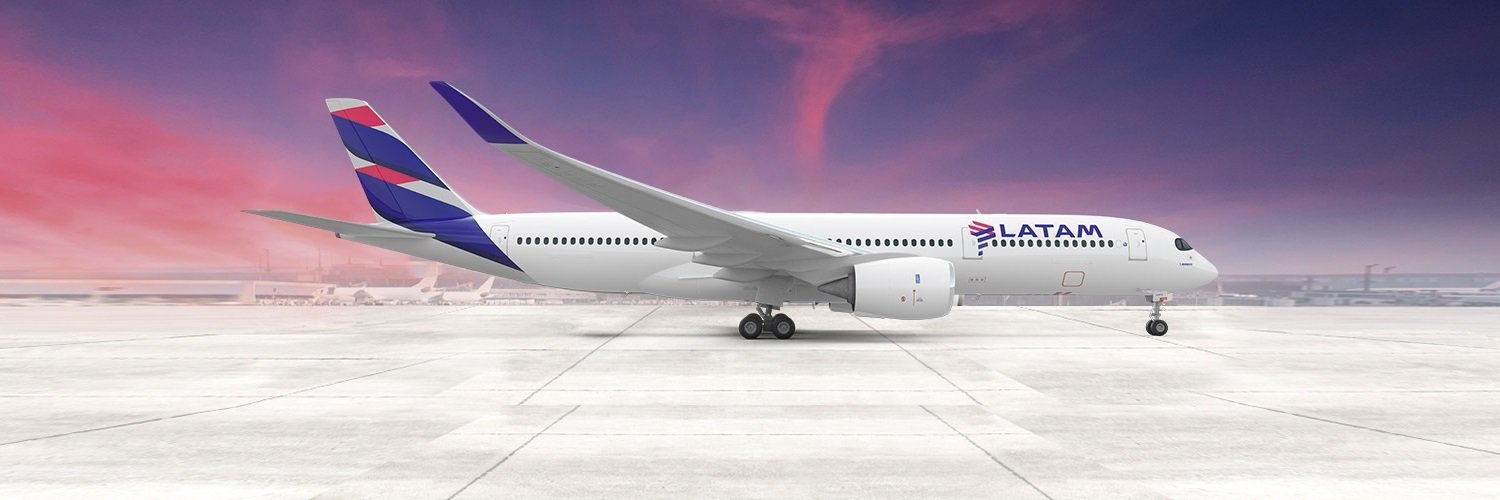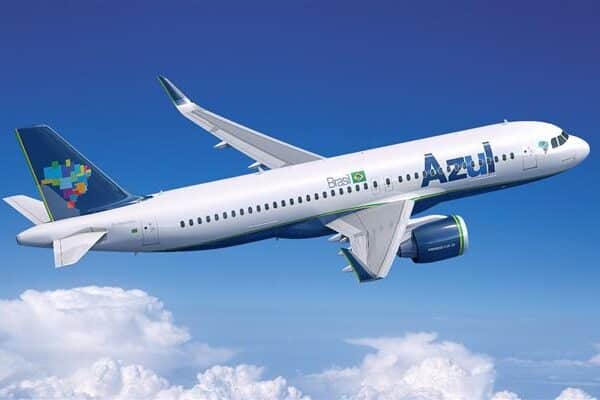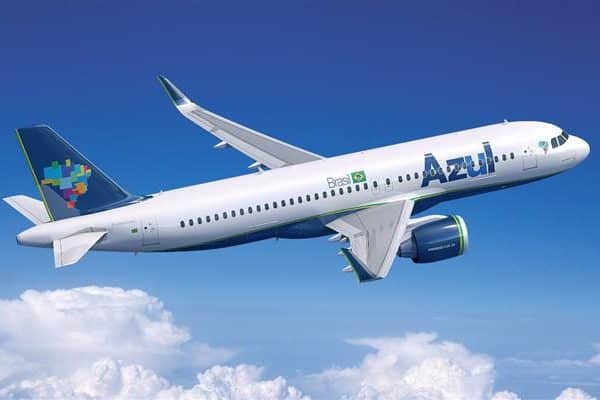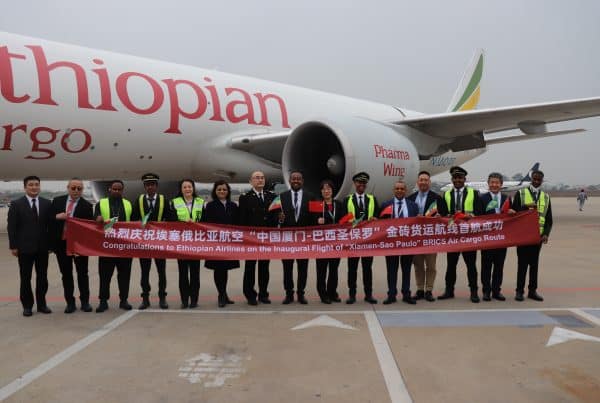
It is indisputable that the airline sector is one of the most affected by the impacts caused by the COVID-19 pandemic. After the worsening of the health emergency, in mid-March, governments established several measures to contain the spread of the virus, such as forced isolation, border closures, and substantial restrictions on the movement of people, which led to the cancellation of thousands of flights and suspension operations of most airlines. Size is the impact of the pandemic that several companies have already resorted to judicial recovery to renegotiate debts with creditors and structure exits to avoid bankruptcy, as is the recent case of Avianca, a traditional airline based in Colombia.
In other cases, governments around the world are mobilizing to raise emergency aid funds for airlines. In the United States, an amount equivalent to R$ 150 billion was allocated to companies’ cash in the coming months, guaranteeing the payment of salaries and other essential expenses. In Europe, the French government promised the equivalent of R$ 49 billion. The Italian government, for its part, decided to nationalize Alitalia, which returns to state control after a long period under private control. In Brazil, the aid to airlines will be coordinated by BNDES in partnership with private banks, but there is still no official definition of value.
In parallel, companies are looking for other ways to cut costs and survive the months of downtime and low ticket sales. Representing more than 20% of an airline’s operating costs, aircraft leasing contracts are quoted in dollars and today are at the center of several negotiating tables around the world.
As it is a very high-cost activity, most airlines do not have their fleet or have only part of the aircraft to perform all flights that they operate regularly. The alternative that exists for this is to lease aircraft, which is nothing more than the “rent” of an airplane (it can also be called a lease).
It is known that the purchase of an airplane requires an enormous financial contribution; for example, the list price of a new Airbus A380 is approximately US $ 450 million.
The excessive amount in question may make it impossible for an airline to start operations and expand. This is because many carriers are unable to invest such large amounts to purchase an aircraft, while others, in turn, prefer not to devote much of their resources to the purchase of an airplane. This is where leasing contracts and their indispensability for civil aviation come into existence in such a dynamic and globalized way.
The amount paid to lease an aircraft is – undoubtedly – less than the expense required to purchase an airplane. For this reason, it is possible to conclude that one of the significant advantages of leasing is the preservation of the airline’s working capital and credit capacity since there are no investments in assets since the company does not leave money immobilized in a commodity so challenging to commercialize.
Also, with aircraft rental, airlines enjoy greater flexibility in replacing and incorporating newer models (modern and suitable aircraft), as well as reinforcing or shrinking the fleet when there is growth or decrease in demand.
As the leasing contract is so complex and has different modalities, it is essential that, considering the extraordinary political and economic scenario, due to the COVID-19 pandemic, legal alternatives are analyzed, so that airline companies are not unable to continue using aircraft which are fundamental for the maintenance of cargo and passenger transportation.
Concerning aircraft leasing contracts, it is necessary to look for alternatives so that there is no major default by the airlines, as well as to avoid an excessive burden on the leasing companies, and thus, both can continue operating.
However, it is essential to note that the resumption of aircraft by leasing companies is not necessarily the best way out. This is because there is no demand for the plane, given the halt in air operations by about 90%, and there is no market to offer the recovered aircraft.
We can understand that the current situation is extremely unpredictable, which is why the renegotiation of leasing contracts is not only an alternative, but probably the only way for those involved to stay economically alive and, consequently, for airlines to be able to continue with its operations as long as this unprecedented crisis continues.




